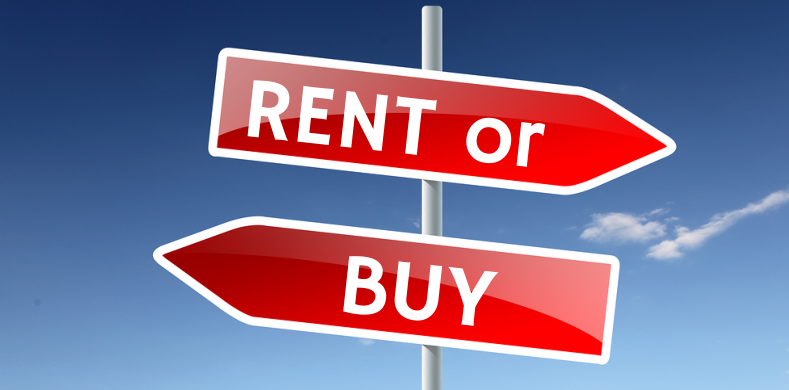Ask Brian is a weekly column by Real Estate Expert Brian Kline. If you have questions on real estate investing, DIY, home buying/selling, or other housing inquiries please email your questions to [email protected].

Question from William in NE: Hi Brian, I’m a 67-year-old widower that will be retiring in seven months. I have no more use for my big four-bedroom two-story home. I’m going to sell it shortly after I retire. The house is paid for and I’m well aware that my retirement dream is supposed to be having a fully paid for the home when my paychecks stop. However, I’m starting to think that might not be what I really want. I see some appeal to renting a ground-floor apartment and leaving all the yard work and maintenance to a landlord. Is my thinking getting screwy as I get older and close to retirement?
Answer: Hi William. Your thinking doesn’t sound at all screwy to me. It sounds to me that you are in a good place because you get to decide what you want to do and where you want to live during retirement. First of all, at age 67, your next home might not be your last home. So, keep thinking about what else could be in your future. What homeownership has done for you at this point in your life is give you a lot of options to consider.
At this stage in your life, real estate probably isn’t as important as an investment as it was before. You own that investment and now is the time to decide what to do with it. Many people think the best economical decision is to stay in the house that is paid off. But it sounds like you have already decided that is not the answer for you. The house sounds too big for one person, also by the time it is paid off is often when some major repairs are needed, and a two-story house is not ideal for older people. So, your decision is to either rent or buy another home.
The place to begin is by deciding what type of home you want to live in and crunching some numbers. Unless you are thinking about an extravagant upgrade, the numbers should work in your favor. A ground-floor condo or a smaller one-story house seems to be the best choice for you to consider. You should be able to buy either one and still have money left over from selling your big house that you can invest to generate some retirement income. A ground-floor condo with a porch would make it easy to do your shopping or pack the car for road trips. A condo means someone else does the maintenance and repairs to the shared areas, but you would still be responsible for the unit that you own.
Deciding to rent is going to take more number crunching. Unlike paying cash for a smaller home, a rental means you’ll have payments forever. But, you will have a big pot of money from the sale of your house. If you invest your money well, the earnings and interest could pay the rent for ever. However, I think there is a risk of not owning your home. If the earnings from your investments don’t pay enough or decrease over time, you could find yourself in financial trouble. Keep in mind that your rent will go up with time and the landlord is going to maximize his or her profit. You’re going to need to look into your crystal ball to forecast whether your investment earnings are going to keep up with the rent increases.
This brings up another reason why it might be better to keep your money invested in a smaller house or condo. Your pot of money is tied up in your home, but you can access it in the future if you need to with a home equity loan or reverse mortgage. You would also still be able to sell the home in the future if you needed to move into an assisted living arrangement.
William, not being responsible for maintenance and flexibility are the key advantages of renting. You could decide to rent in one location for a few years and then change your environment a few years later without the hassle of selling a home. It’s much easier to move when you rent. You can literally move at any time. It might cost you a deposit, but you could get up tomorrow morning and move somewhere else. On the other hand, I wouldn’t want to find myself having to move when I get to be 80 or 85 years old. Retirement is a time to make a serious “Pro” and “Con” list about renting or owning as well as crunch the numbers.
There are many more retirement options out there. Please comment with your thoughts.
Our weekly Ask Brian column welcomes questions from readers of all experience levels with residential real estate. Please email your questions or inquiries to [email protected].